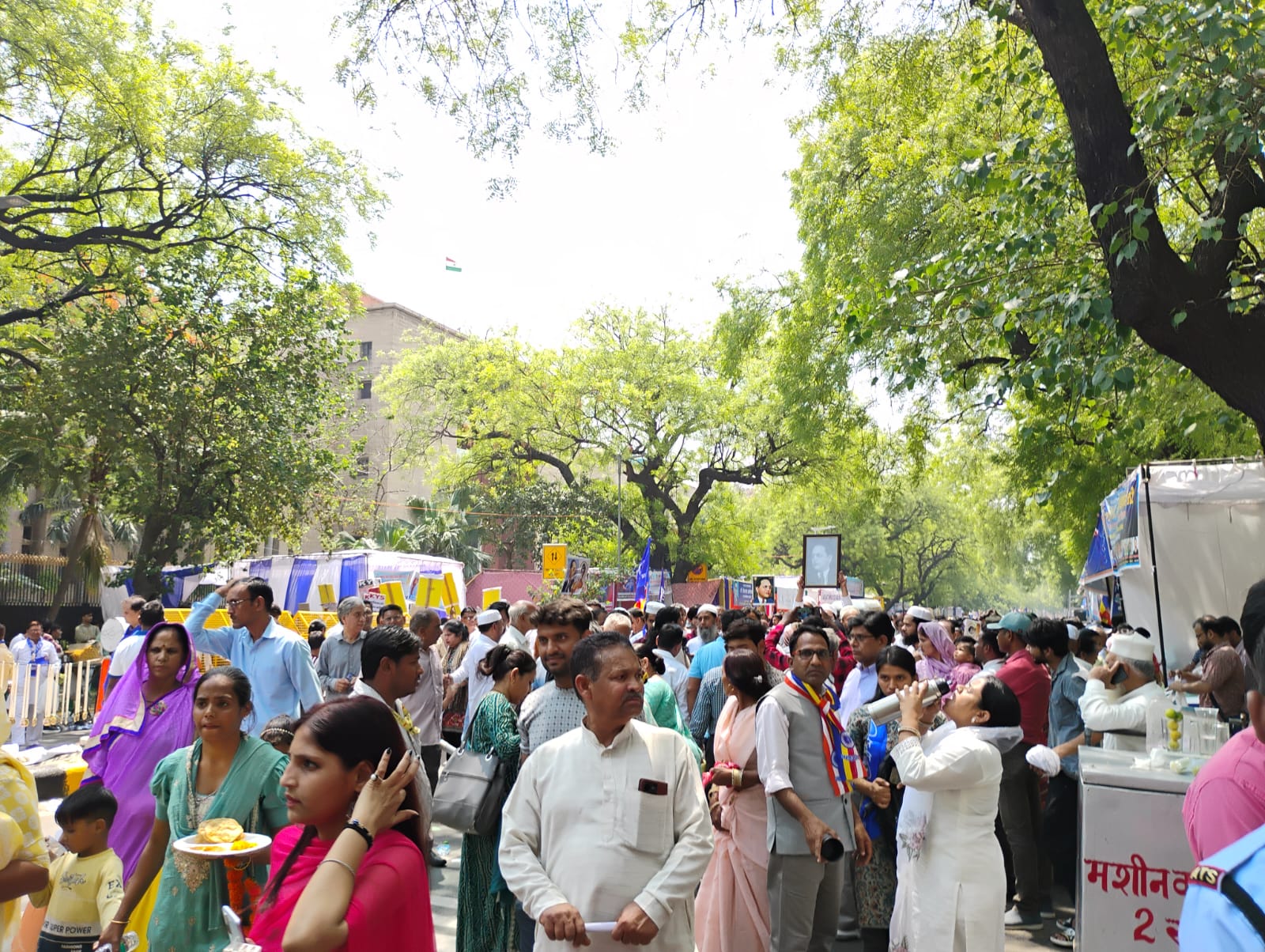Dr B.R. Ambedkar was an iconoclastic social reformer who, at the very formative years of his career, realized what it meant to be an Untouchable and how a struggle against untouchability could be launched. The social-reform movement of the caste Hindus could not win him over because of his existential understanding of the horror of untouchability. For the social reformers, the issue of untouchability was a mere problem. This problem was exterior to them in the sense that it affected only the Untouchables but not them. They themselves had never experienced the sinistrous blows of untouchability. Though they were sympathetic to the cause of then Untouchables, they belonged to the camp that imposed this inhuman system of social segregation.
About The Author

Ronki Ram
Ronki Ram is the Shaheed Bhagat Singh Professor of Political Science at Panjab University, Chandigarh. He is also a visiting professor at the Centre of Sikh and Panjabi Studies in the University of Wolverhampton, UK. Among the books he has authored or edited are ‘Dalit Pachhan, Mukti atey Shaktikaran’ (Dalit Identity, Emancipation and Empowerment. Patiala: Punjabi University Publication Bureau, 2012), ‘Dalit Chetna: Sarot te Saruup (Dalit Consciousness: Sources and Form; Chandigarh: Lokgeet Prakashan, 2010) and ‘Globalization and the Politics of Identity in India’, Delhi: Pearson Longman, 2008 (edited with Bhupinder Brar and Ashutosh Kumar). Ram has been a professor of Contemporary India Studies at Leiden University in Leiden, the Netherlands. He holds a PhD in International Studies from Jawaharlal Nehru University and a post-doctoral fellowship in Peace and Conflict Resolution from Uppsala University, Sweden.




